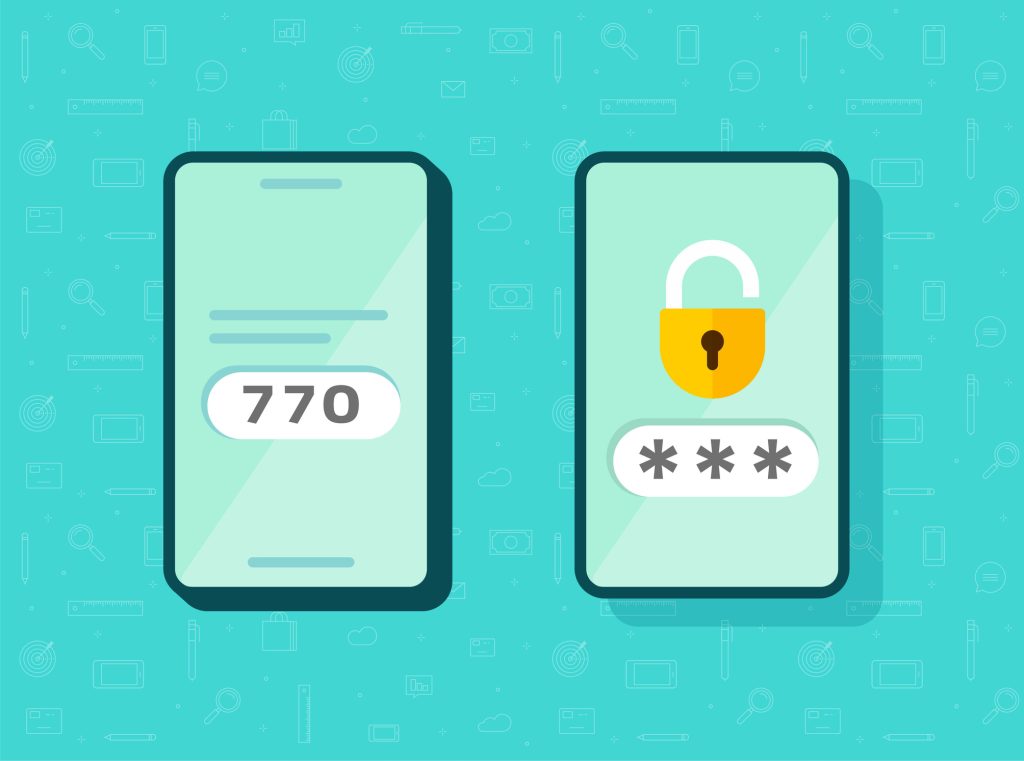Protect Your Financial Information: The Importance of Two-Factor Authentication (2FA)

.
In today’s digital world, safeguarding your financial information has never been more critical. As cyber threats evolve and become increasingly sophisticated, it’s essential to take steps to protect yourself from potential breaches. One of the most effective ways to secure your online accounts, especially those tied to your finances, is by using Two-Factor Authentication (2FA).
What is Two-Factor Authentication?
Two-factor authentication (2FA) is a security process that requires two different forms of identification before granting access to an account. Instead of just using a password, 2FA adds an additional layer of protection by requiring a second piece of information — something only you would have. Usually this involves sending a time-sensitive code via text message, an authenticator app or hardware token.
Why Is 2FA Important for Financial Information?
The internet is full of dangers, and your financial information is an attractive target for hackers. Whether it’s a scam email, a phishing attempt, or data breach, malicious actors are always on the lookout for ways to steal your personal data, including sensitive financial information. Here’s why 2FA is a crucial line of defense:
1. Protects Against Stolen Passwords
Passwords, no matter how complex, can be stolen through a variety of means, including phishing attacks or data breaches. If a hacker gains access to your password, they could potentially drain your bank accounts, make fraudulent transactions, or access sensitive financial information. With 2FA in place, even if a hacker has your password, they still cannot access your account without the second verification step.
2. Adds an Extra Layer of Security
Passwords alone are not enough. As simple as it sounds, many people still use weak or repetitive passwords for multiple accounts, making them more vulnerable. 2FA reduces the likelihood of unauthorized access by requiring something in addition to the password, effectively keeping your information safer even if someone gains access to your login details.
3. Protects Your Assets in Case of a Breach
In the unfortunate event that one of your accounts is compromised, 2FA can make it much more difficult for a hacker to take further action. For example, even if a cybercriminal gains access to your digital banking portal, they will still need access to your phone or other device to approve the second authentication step before making any changes or transfers.
Additional Tips for Keeping Your Financial Information Safe
- Use Strong, Unique Passwords: Even with 2FA in place, ensure that your passwords are long, complex, and unique to each account.
- Avoid Public Wi-Fi for Financial Transactions: Public Wi-Fi networks are not secure and can leave you vulnerable to hackers. Always use a secure, private network when accessing financial accounts.
- Monitor Your Accounts Regularly: Regularly check your financial accounts for any suspicious activity, and report anything unusual to your bank immediately.
- Update Your Security Settings: Periodically review and update your security settings, including 2FA, passwords, and recovery options.
